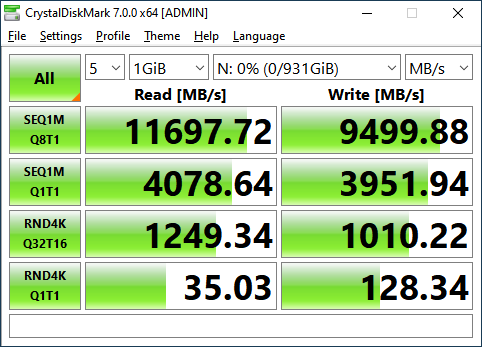Since AskWoody is all about updates — and so very helpful — here’s a question about maybe doing a CUSTOM update of the BIOS in my Dell Optiplex 7010 MT.
Please see this link and advise HERE what you think about this method of MANUALLY modding a BIOS file. The author is apparently a MS MVP and certainly his article and video are very well organized.
https://www.tachytelic.net/2021/12/dell-optiplex-7010-pcie-nvme/
Why do this? My Dell Optiplex 7010 MT has a classic physical hard drive, and I would love to change that to an NVMe M.2 SSD that is plugged into a PCIe socket (x4 or maybe x16) to get ultra-fast boot-ups, updates and file saves. But the Optiplex 7010 BIOS will NOT boot up from an NVMe M.2 drive connected to PCIe unless the BIOS is modded (or other workarounds are used).
But modding the BIOS is scary !!
Second question – if this bricks my PC, is there a way to restore the BIOS?
Thanks.



